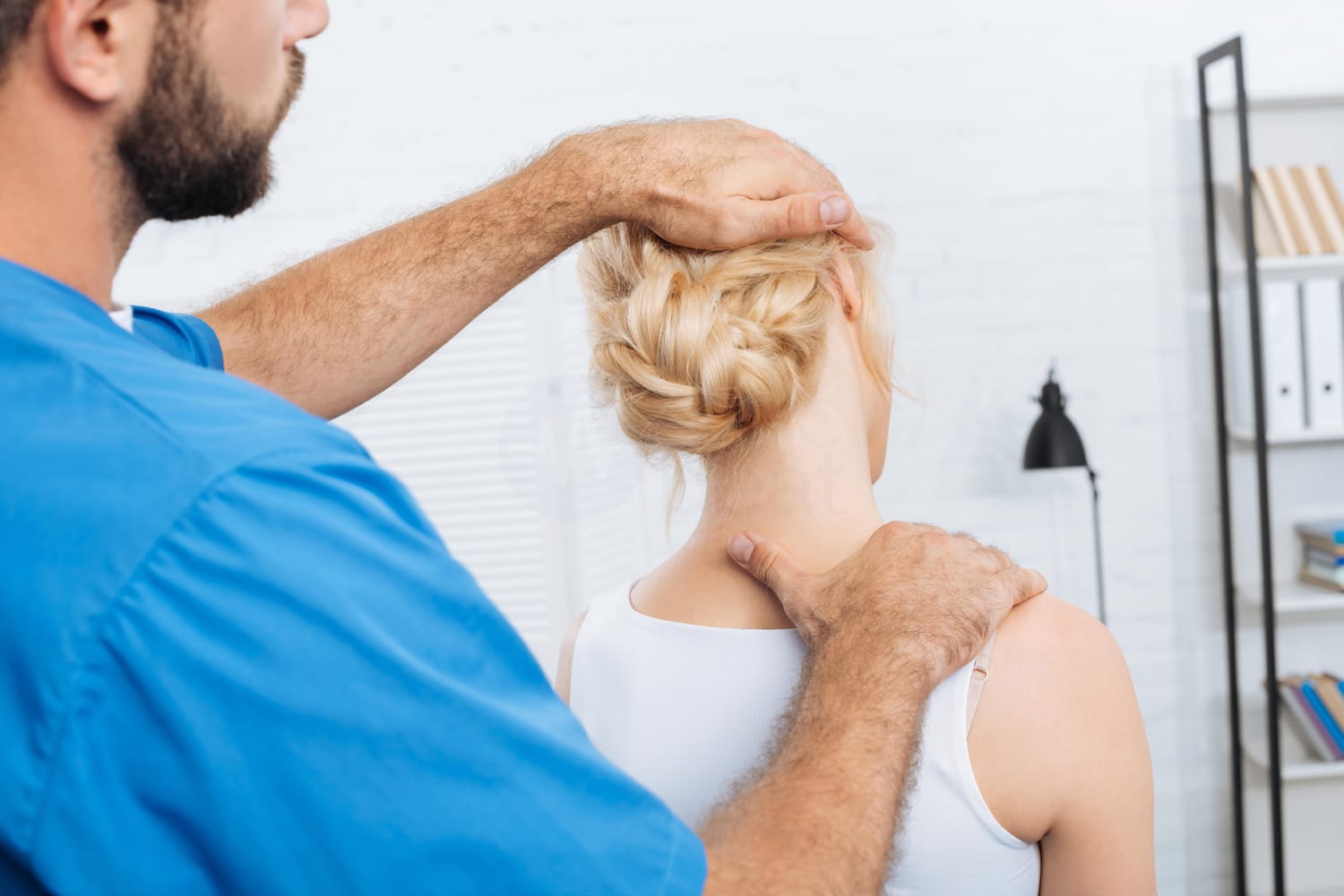Headache is one of the most common illnesses in Australia, with around 15 per cent of us taking painkillers for a headache at any given time.
Because headaches are so common, most people think they are a normal part of life. However, a persistent headache is a sign that something is wrong. The continual use of pain medication to combat headaches is akin to removing the warning light that alerts you to a problem in your car! Medication doesn’t solve your headache, it simply offers a short term solution to dull the pain.
Headaches can result due to a variety of reasons including stress, poor posture, accidents, medications, environmental factors such as strong odours & pollution and dietary irregularities.
Tension headaches and migraine are common forms of headache and cluster headaches are most rare. Other types of headache include sinus headache, rebound headache, exertion headache and cervical headache.
The diagnosis of cervical headache is frequently under-diagnosed. Many symptoms are similar to other classifications of headache such as tension headache, migraine, hormonal headache and even cluster headache. There may be clear dietary, environmental or hormonal triggers for the onset of the patient’s headache. However, it is common that these triggers are only active when there is an increased sensitivity in the structures of the upper cervical spine.
Cervical headaches are usually described as a constant, steady, dull ache. It can be to one side or both sides. It can also feel like a pulling or gripping feeling, sometimes a tight band around the head. The headache usually is felt at the base of the skull and can be referred to the front of the head to the temple area or over and behind the eyes. The headaches usually come on over a period of time, gradually getting worse. The headaches may be present for days, weeks even months. Sometimes there may be a history of an acute trauma such as whip-lash injury or repetitive trauma associated with work or a sporting activity.
The Physio will thoroughly assess your neck and headaches. They will ask specific questions to rule out other causes of headaches. They will then feel and assess the structures of your neck to decide if they may be causing your headache. If the neck structures are involved, the physio may find:
- Tight and painful structures in your neck (joint and muscle)
- Pressure on specific structures of your neck will reproduce your head pain
- A forward head posture and stiff mid back
- Reduced motion in the upper joints of the neck
- Reduced endurance in the deep muscles of the neck
After correctly diagnosing the neck as the cause of headache, treatment may be quite straightforward.
Physios may use:
- Postural Assessment and Advice – Education on optimal trunk posture and postural retraining is vital. Without postural correction cervical headaches can linger for extended periods.
- Mobilisation – Stiff joints in the neck should be mobilised to restore range of movement. Stiffness in the jaw joints can also be problematic and should be mobilised if needed.
- Stretching – Stretching of the neck and shoulder muscles can help alleviate headaches.
- Strengthening – cervical muscle retraining is vital. Your physiotherapist will show you how to retrain your deep neck muscles to restore the normal muscle balance.
- Stress and tension management – Identification and reduction of the sources of stress and tension need to be incorporated as this commonly leads to tightness in the upper back and neck muscles.
- Soft tissue work and massage – Your physiotherapist may use different massage and soft tissue techniques to help the muscles in your neck and upper back.
- Dry needling – Dry needling is the placement of very thin needles into specific locations (trigger points) in the body. It is often used to help alleviate headaches.
- Workplace and ergonomic assessment – A poor chair, a desk at the wrong height or wrong set-up or badly placed computer may result in poor posture contributing to strain on the neck. Your Physiotherapist can advise on office and workplace set up.
- Neural stretching – Abnormal neural tension can also contribute to cervical headaches. Your physiotherapist will assess this and provide appropriate stretches as needed


















